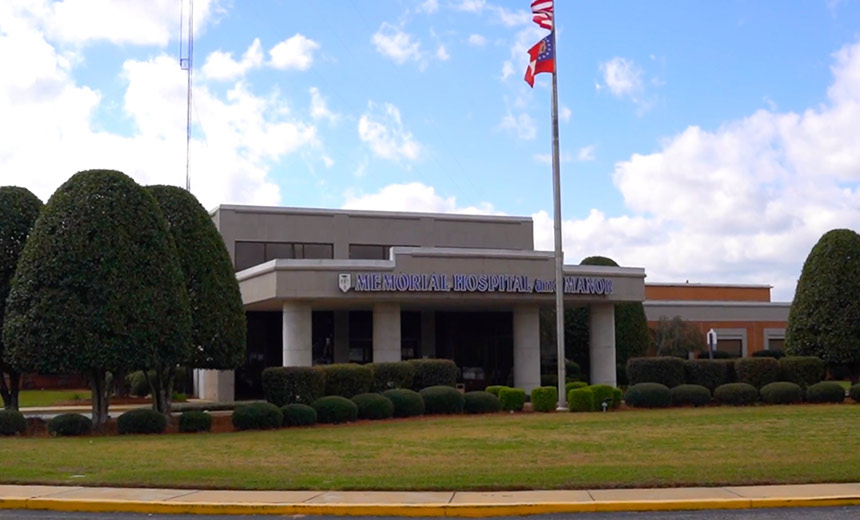Cybercrime,
Data Breach Notification,
Data Security
Ransomware Group Embargo Claims to Have Published 1.15TB of Hospital’s Stolen Data

A cybersecurity breach involving a small rural hospital in Georgia has resulted in significant data exposure, impacting over 120,000 patients. The ransomware group known as Embargo asserts it has released 1.15 terabytes of stolen information on the dark web. This incident may constitute one of the largest healthcare data breaches reported in recent times, raising serious concerns about the security vulnerabilities within the healthcare sector.
The compromised information reportedly includes sensitive personal data such as names, Social Security numbers, and detailed images of driver’s licenses, complete with headshots and identifiable characteristics. A review by Information Security Media Group suggests that this breach signifies a disturbing trend in which cybercriminals are increasingly targeting healthcare facilities, exploiting their often-protected yet vulnerable data infrastructures.
The affected institution, Memorial Hospital and Manor, which includes an 80-bed community hospital and a nursing home, filed a breach notification with the Maine attorney general, outlining the types of data compromised. Although the formal notification did not specifically mention driver’s licenses, it did highlight potential exposure involving patients’ names, Social Security numbers, dates of birth, health insurance details, and medical history. After detecting unusual activity on November 2, 2024, the hospital engaged law enforcement and an independent cybersecurity firm to address the incident.
The attack serves as a poignant reminder of the tactics utilized by modern threat actors. Techniques such as initial access and privilege escalation—as categorized in the MITRE ATT&CK framework—are notably relevant. Initial access may have been acquired through phishing or exploiting unpatched vulnerabilities in the hospital’s network, while privilege escalation could have allowed the attackers to gain elevated rights required to access sensitive databases.
Embargo, a newer entity in the ransomware landscape, has also claimed responsibility for previous attacks on various organizations spanning multiple sectors, including other healthcare providers. This pattern of targeting diverse industries could be indicative of a broader trend where ransomware schemes are designed to maximize profitability by compromising multiple entities simultaneously.
As of now, multiple law firms have begun investigating the breach, suggesting that a class-action lawsuit may emerge as affected individuals seek to hold the hospital accountable for the lapse in security. Meanwhile, Memorial Hospital and Manor’s response has included not only enhanced security measures but also cooperation with the FBI and an ongoing commitment to safeguarding sensitive patient information.
This incident also reflects a larger context in which healthcare institutions frequently face cyber threats. For instance, Asheville Eye Associates recently reported a breach affecting over 193,000 patients, while another incident at Community Health Center, Inc. could potentially impact up to 1.1 million individuals. These breaches underscore the urgency for healthcare organizations to bolster their cybersecurity frameworks to protect against the evolving tactics of cybercriminals.
In summary, the significant data breach at Memorial Hospital and Manor exemplifies a concerning trend towards the targeting of healthcare organizations by sophisticated ransomware groups, highlighting the need for heightened cybersecurity vigilance and preparedness within the industry.